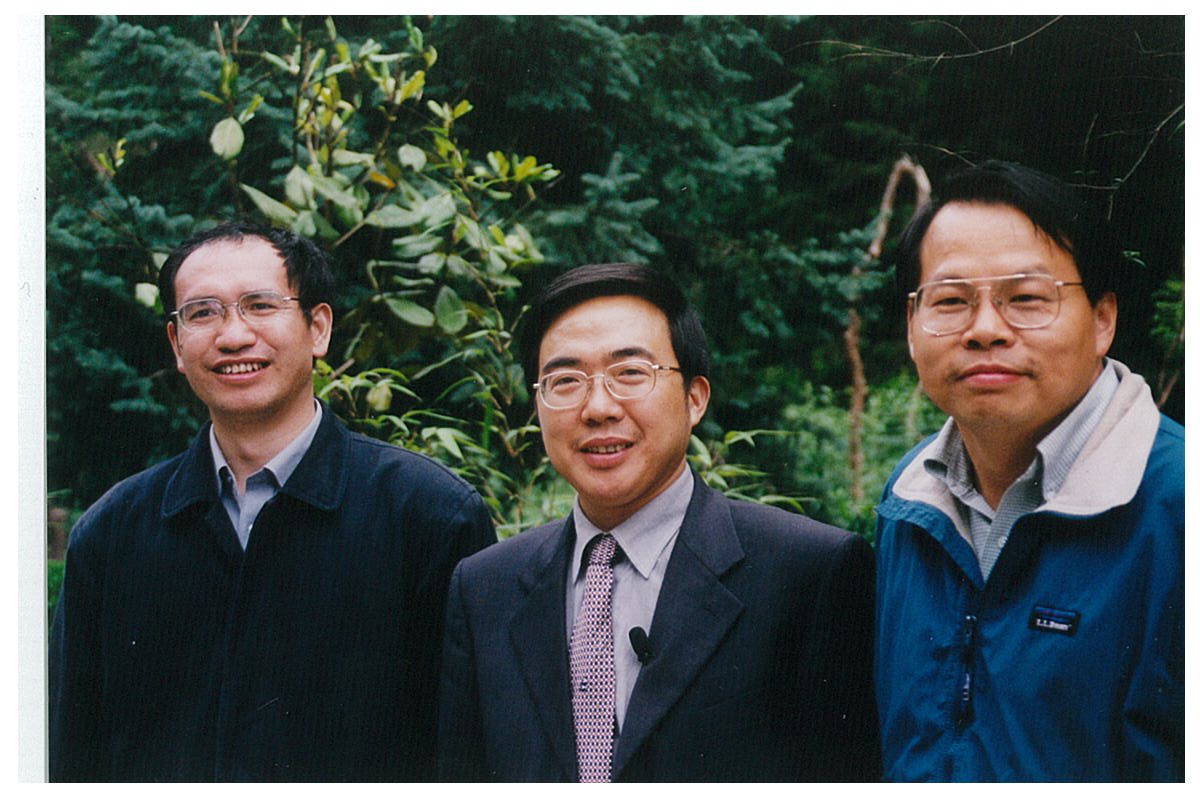For pandas, it’s home. For scientists studying coupled human and natural systems, it’s a gold mine
There’s a lot to learn from the pandas where they live, and how people share that precious real estate.

Southwestern China’s Wolong National Nature Reserve has been for 15 years the “excellent laboratory” for groundbreaking research mainly supported by the U.S. National Science Foundation, NASA, Chinese Academy of Sciences and China's National Natural Science Foundation. This international and interdisciplinary effort has been led by Professor Jianguo “Jack" Liu at Michigan State University (director, Center for Systems Integration and Sustainability); Professor Zhiyun Ouyang at the Chinese Academy of Sciences (deputy director, Research Center for Eco-Environmental Sciences); and Hemin Zhang (director, Wolong Nature Reserve).
interdisciplinary effort has been led by Professor Jianguo “Jack" Liu at Michigan State University (director, Center for Systems Integration and Sustainability); Professor Zhiyun Ouyang at the Chinese Academy of Sciences (deputy director, Research Center for Eco-Environmental Sciences); and Hemin Zhang (director, Wolong Nature Reserve).
Their research focuses on “Coupled Human and Natural Systems” (e.g., Pandas, People, and Policies; Ecosystem Services; and China’s Environment), integrating ecology with socioeconomics, demography and other disciplines for ecological sustainability from local, national to global scales.
The work has been extremely productive. Several dozen papers have been published in top peer-reviewed journals and widely featured in the global news. The results have been used in classrooms, and helped develop and improve policies for environmental protection and natural resource management. Chinese senior and junior researchers have been visiting scholars and trained at MSU.
For National This dynamic collaboration allows compelling looks at how deeply intertwined the humans and nature are, and how to find sustainable solutions that both benefit the environment and enable people to thrive.



 Print
Print Email
Email




